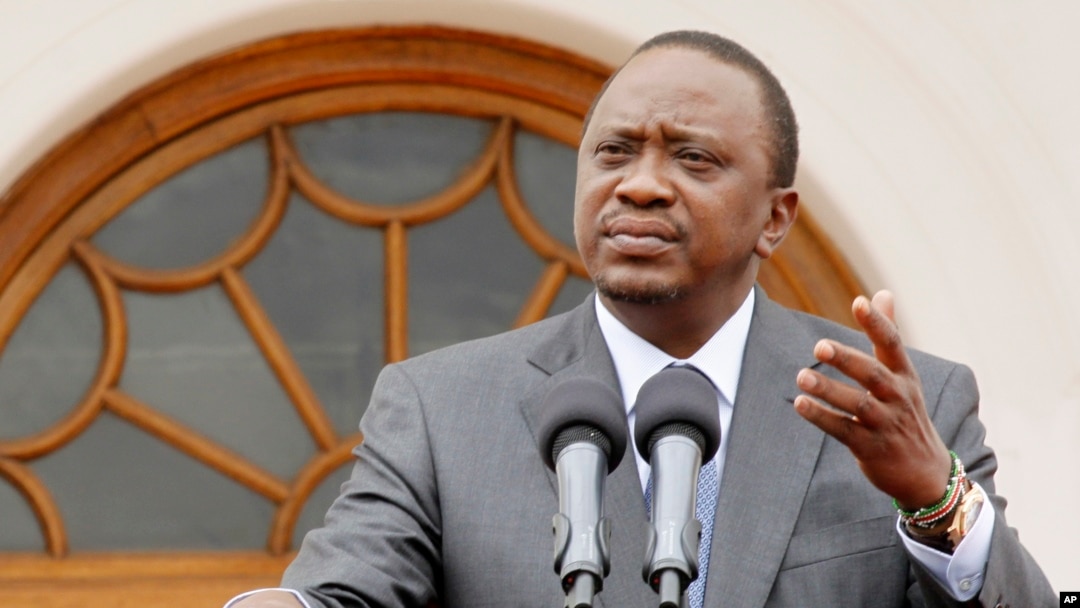The Kenyan government is planning to build a new prison to confine only terrorist suspects and sympathizers. The facility is intended to deter the spread of terrorist ideology.
Kenyan President Uhuru Kenyatta announced plans to build a separate prison for terrorist suspects during a graduation ceremony for more than 2,000 new prison wardens.
“We will establish a new prison to hold violent extremist offenders. The truth of the matter is that we cannot allow them to spread their poison to vulnerable Kenyans,” he said.
The president did not give details about where and when the prison would be built.
Some top security officials have raised concerns about terror suspects spreading their ideology to other prisoners and radicalizing them in jail.
During the past four years, Kenya has witnessed a series of terror attacks from Somalia-based militant group Al-Shabab. The group is believed to have sympathizers in Kenya, especially in the Eastleigh district of Nairobi, home to many Somali immigrants.
But the notion of a jail just for terrorist suspects is expected to raise eyebrows in the community of human rights activists.
University of Nairobi Sociology Professor Octavian Gakuru questioned the methods to be used to confine minors and hardcore radicals.
“If a 14-year old found armed, commits a crime and mass murder or destruction of property, what happens? ... Those who are Kenyans and also those who are non-Kenyans should be given due protection and rights to law and justice,” said Gakuru.
Gakuru said the proposed institution must be a correctional facility, where people can reform.
“There is this view that human beings are able to change and also improve along the way at one point, so we never quite give up. I think that is why societies some of them now have abolished capital punishment,” said the professor.
Analyst Yan St. Pierre, who runs the Berlin-based security firm MOSECON, said Kenya would have to double its efforts to stop the spread of violent extremism and hate messages.
“The Kenyan government, like many other governments in Africa and around the world, they have to deal with terrorism and radicalization. We need to understand weapons will not do the trick, they will have to focus on discrediting the idea, as well and making sure its no longer appealing,” he said.
Kenya sent troops into Somalia in October 2011, after Al-Shabab carried out a series of cross-border kidnappings.
The group has since killed more than 400 Kenyans.


